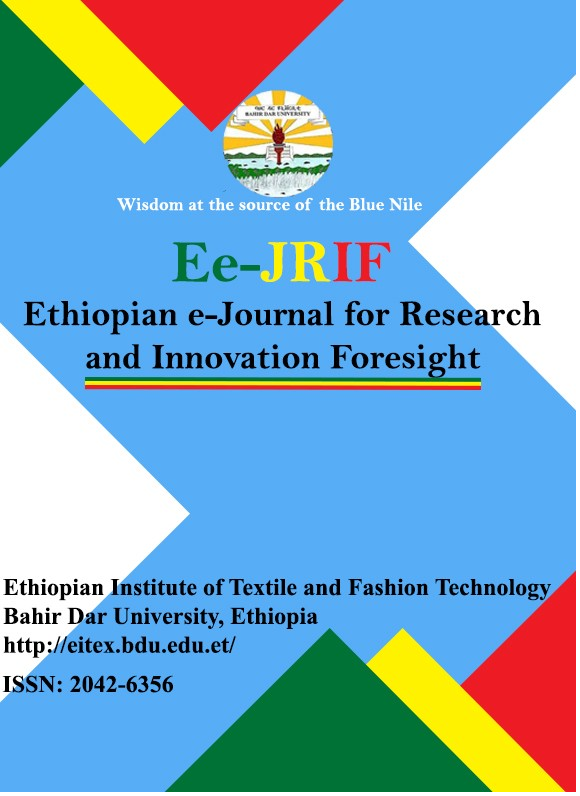Indigenous Post-Harvest Technologies for Fruit Crops Evidence from Federal Institute Of Industrial Research, Oshodi, Lagos
Abstract
Fruit crops spoil easily. This reduces their quantity and quality available for human and industrial consumption. Inadequate storage and processing facilities partly aggravate the challenge despite available technologies for post-harvest handling of agricultural products in Nigeria. The study therefore examined the indigenous post-harvest technologies for fruit crops handling by the Federal Institute of Industrial Research, Oshodi, Lagos (FIIRO). Nigeria established FIIRO in tandem with triple helix principle of the interrelationship between science, technology and innovation institutions, users of technologies and government. The study adopted interview of relevant FIIRO’s staff and content analysis of the institute’s documents and website to examine its fruit crops post-harvest technologies. Data are presented using pictorial graphics, slides and tables. FIIRO has developed post-harvest technologies for fruits crops. The technologies included metal silos, tomato grader sorting lines, ultrasonic washer, evaporator, fruit juice making machine, fruit washing machine and cabinet dryer. The technologies are easy to operate, specialists are available to repair them but they are costly for an average farmer and fruits marketer to afford. For effective usage of the technologies, the fruits should be assessed at maturity stage for ripening for harvesting. Injury of the fruit crop during harvest should be avoided to guide against loss. Storage area should be separated from the processing area and bruised fruit should be separated from the whole fruit. Government should promote awareness and support mass production of the post-harvest technologies to reduce unit cost and make them cheap to end users.
Copyright (c) 2025 Ethiopian e-Journal for Research and Innovation Foresight (Ee-JRIF)

This work is licensed under a Creative Commons Attribution-NonCommercial 4.0 International License.

